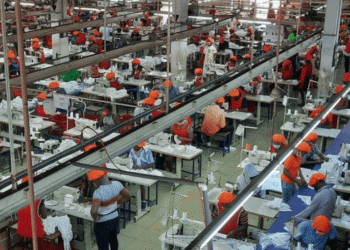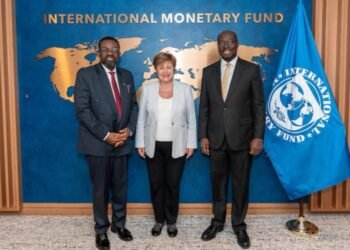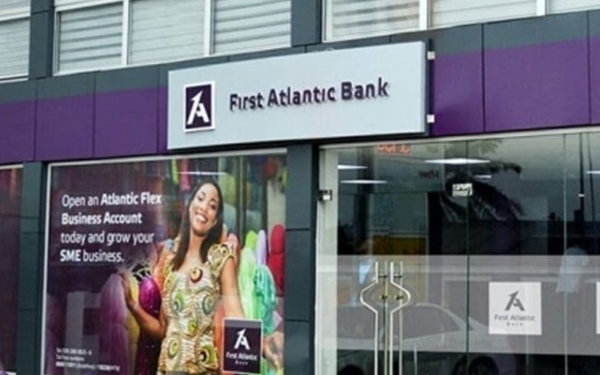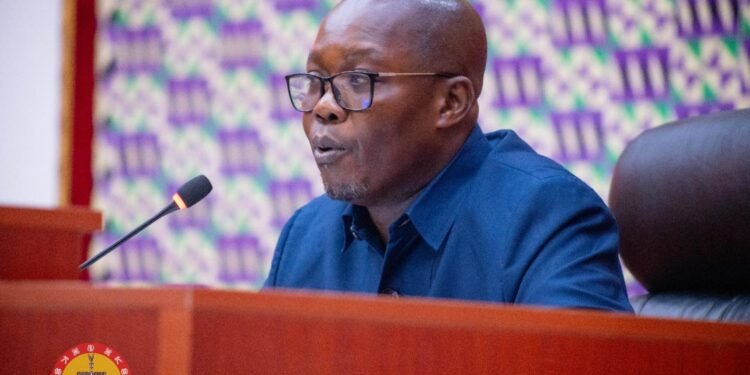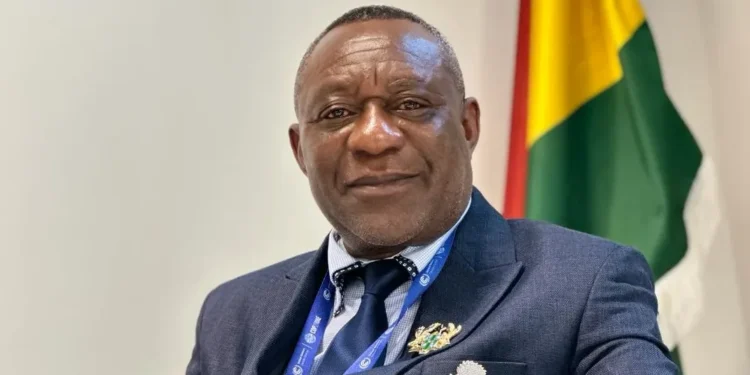The head of the Institute for Energy Security (IES), Nana Amoasi VII, has predicted a notable rise in fuel costs in the coming weeks.
On April 3, 2024, the National Petroleum Authority (NPA) directed stakeholders in the oil sector to apply extra charges: 16 pesewas per liter for petrol, 14 pesewas per liter for diesel, and 14 pesewas per kilogram for Liquefied Petroleum Gas (LPG).
This follows the earlier decision by the NPA to suspend the Price Stabilization and Recovery Levy on petroleum products
On Friday, April 5, Nana Amoasi VII criticized the suspension, stating “The suspension of the levy was not well-thought through” before implementation.
Nana Amoasi VII noted that despite the introduction of the levy aimed at stabilizing fuel prices, it has not achieved its intended goal. He referred to previous occasions in 2022 when prices soared to GH¢18 per liter.
Amoasi VII cautioned about an imminent hike in fuel prices, speculating that they could potentially reach around GH¢14.05 per liter, resulting in a double increase.
He said, “… it was clear in the statement that it [the levy] was intended to relieve consumers of intending price hikes which are necessitated by happenings on the world market and also our own forex market.”
“Unfortunately, a day or two, the NPA comes to say we are reversing the suspension of that levy which is meant to cushion consumers, and this time around, the NPA fails to give the reasons for the suspension.”
Nana Amoasi VII
Oil prices on the world market have been on the rise since last year.
The ministerial committee of the Organization of the Petroleum Exporting Countries and its allies (OPEC+) decided on Wednesday, April 3, to maintain the existing oil production output targets.
However, it acknowledged that certain member countries had exceeded their production quotas and committed to improving compliance with the agreed-upon levels.
This means that the voluntary production cuts of 2.2 million barrels per day (bpd) will remain in place until at least the end of June 2024, joining the existing 3.66 million bpd of cuts agreed in 2022. The voluntary production cuts are led by Saudi Arabia and Russia, the top exporters in the group
After the announcement, crude oil prices rallied with benchmark Brent futures hitting a six-month high and coming within one cent of $90 a barrel during Wednesday’s trade. This was probably the reason for the NPA’s directive on April 3, 2024.
While OPEC+ doesn’t officially set a specific target for oil prices, there’s a consensus among its member countries that they prefer prices hovering around $90 per barrel rather than the $70 levels seen late last year.
Currently, with prices around that mark, the challenge for OPEC+ lies in ensuring that $90 serves as a reference point, helping to stabilize prices amidst the usual day-to-day fluctuations.
There’s a concern that if the price of crude oil exceeds $90 a barrel and approaches $100, it could trigger a fresh wave of inflation in countries that import oil.
Strategies for Ghana’s Energy Security
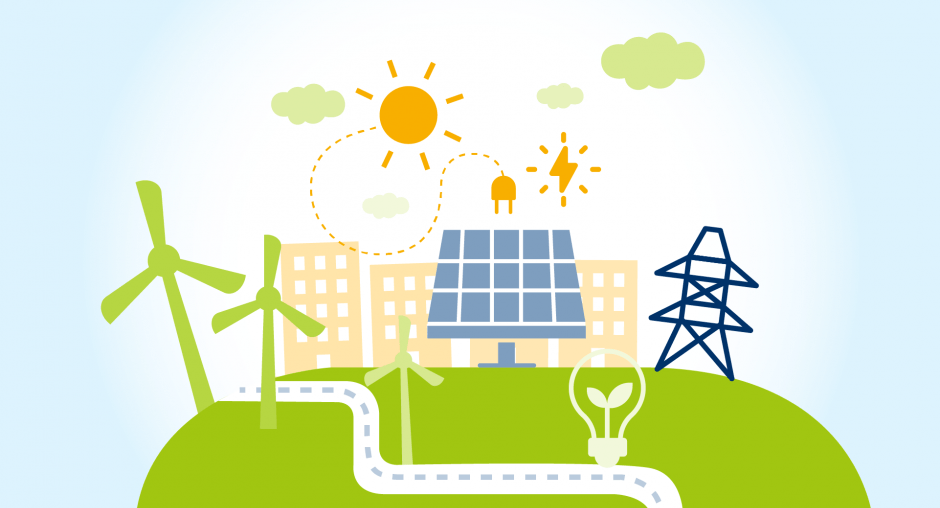
While fuel prices are anticipated to increase at the pumps in the coming weeks, Ghana can implement these short-term and long-term strategies to cushion the country from world oil price volatility.
First, strengthening diplomatic ties with major oil and gas-producing countries and negotiating favorable trade agreements can help ensure stable and reliable access to energy resources at reasonable prices.
Second, Investing in renewable energy sources such as solar, wind, hydroelectric, and geothermal can reduce dependence on oil and gas, thereby mitigating the impact of price fluctuations.
Also, promoting the use of public transportation, electric vehicles, and other alternative modes of transportation can reduce dependence on petrol and diesel, thereby lessening the impact of oil price increases on transportation costs and consequent inflation.
The government or energy companies can use financial instruments such as futures contracts, options, and swaps to hedge against price volatility in the oil and gas markets.
By employing a combination of these strategies, Ghana can enhance its resilience to the effects of increasing oil prices on the international market and mitigate the associated economic risks.
READ ALSO: Ghana ranks 1st in West Africa – WEGI




